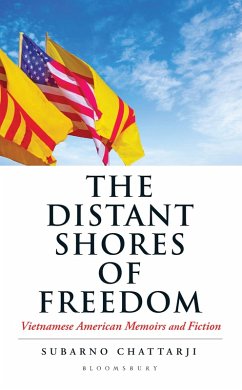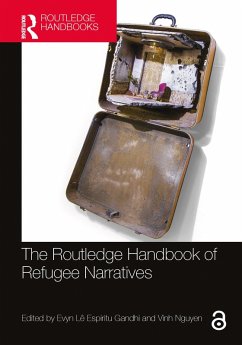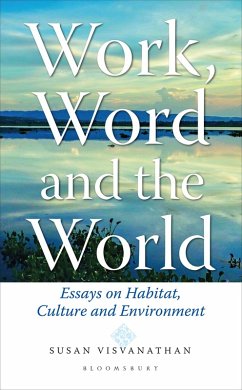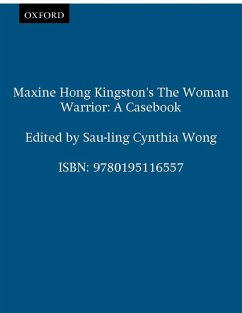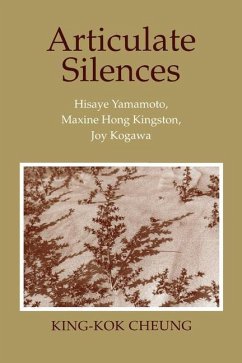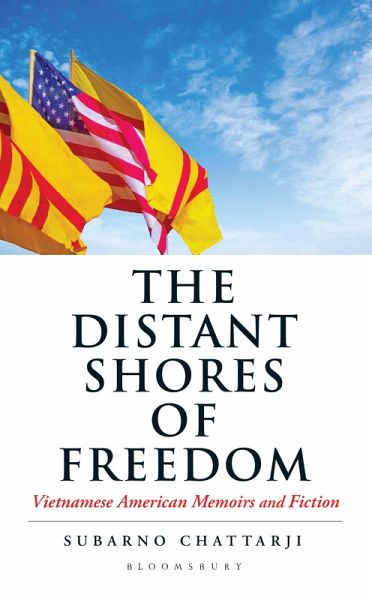
The Distant Shores of Freedom (eBook, PDF)
Vietnamese American Memoirs and Fiction
Versandkostenfrei!
Sofort per Download lieferbar
70,95 €
inkl. MwSt.
Weitere Ausgaben:

PAYBACK Punkte
35 °P sammeln!
The Distant Shores of Freedom analyses literary works in English written by Vietnamese refugees in the US. Fiction and memoirs by Vietnamese Americans recover stories and memories that are often different from mainstream American ones and that difference enables readers to think of the US war in Vietnam from perspectives that are missing in mainstream representations. Dwelling not only on the war and its aftermaths, Vietnamese American writings also ponder over the existential issues of exile; the idea of home; the pain of marginality and racism; the question of community formation within the ...
The Distant Shores of Freedom analyses literary works in English written by Vietnamese refugees in the US. Fiction and memoirs by Vietnamese Americans recover stories and memories that are often different from mainstream American ones and that difference enables readers to think of the US war in Vietnam from perspectives that are missing in mainstream representations. Dwelling not only on the war and its aftermaths, Vietnamese American writings also ponder over the existential issues of exile; the idea of home; the pain of marginality and racism; the question of community formation within the US; and the complexity of diasporic lives. Subarno Chattarji raises critical questions such as who gets to speak and write, and to what ends and purposes? Who reads Vietnamese American writings and how can we account for these publications in the US over a period of time? What can and cannot be written or spoken? What is remembered and what is silenced? What traumas and memories are articulated? These questions point towards a larger context of diaspora studies as well as 'the rituals of cultural memory' that complicate our understanding of the Vietnam War and its aftermaths.




